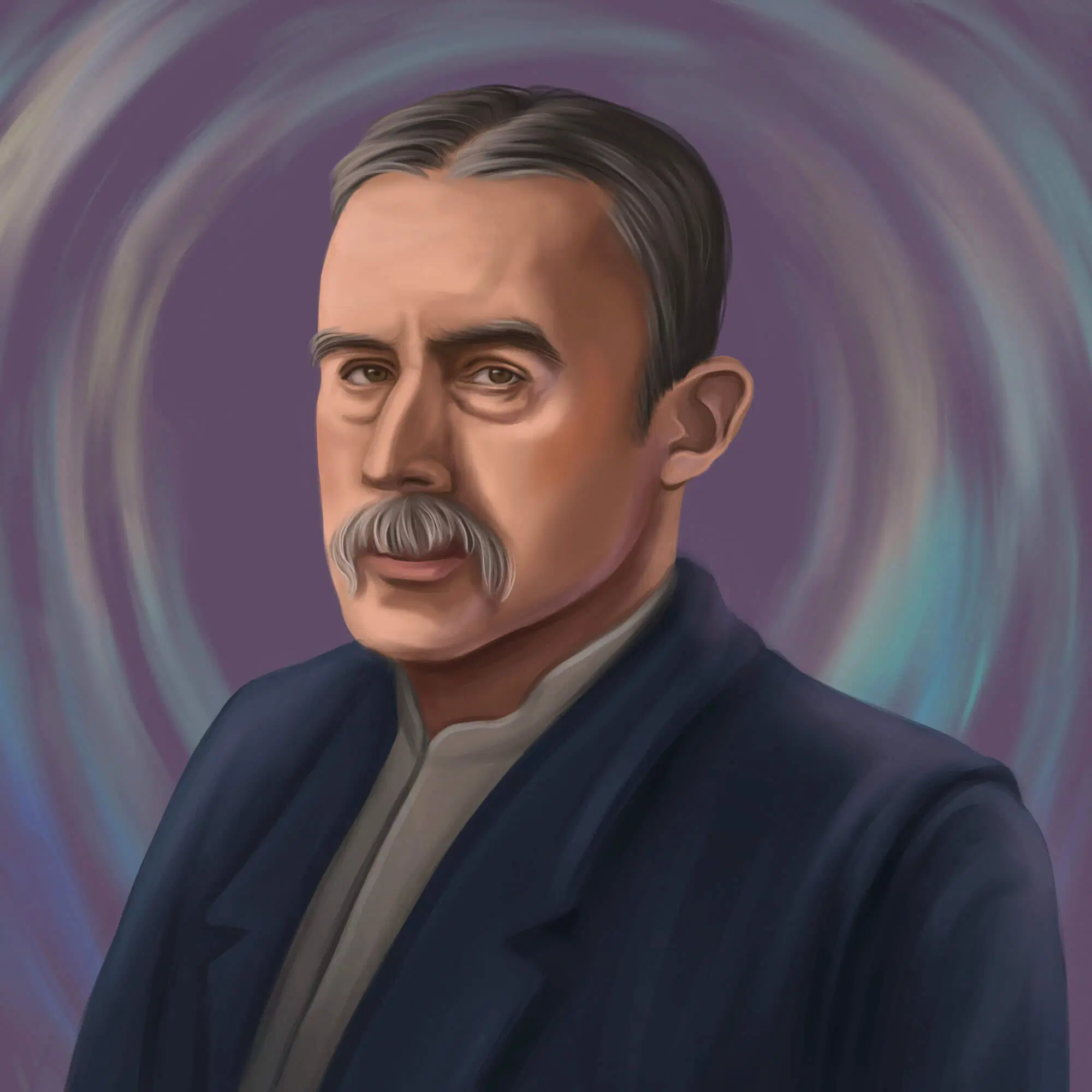A.E. Housman, born Alfred Edward Housman, in March 1859, is best known for his simple style, memorable and moving images that made his work popular during his lifetime. His collection A Shropshire Lad, a cycle of 63 poems, is his most widely read. It has sustained his reputation since his death in 1936 and includes poems like ‘Oh Who Is That Young Sinner,’ ‘1887,’ and ‘To an Athlete Dying Young.’ Housman is also remembered for his career as a classical scholar and his role as a professor of Latin at Cambridge University. His final collection was published in 1922, titled Last Poems.






